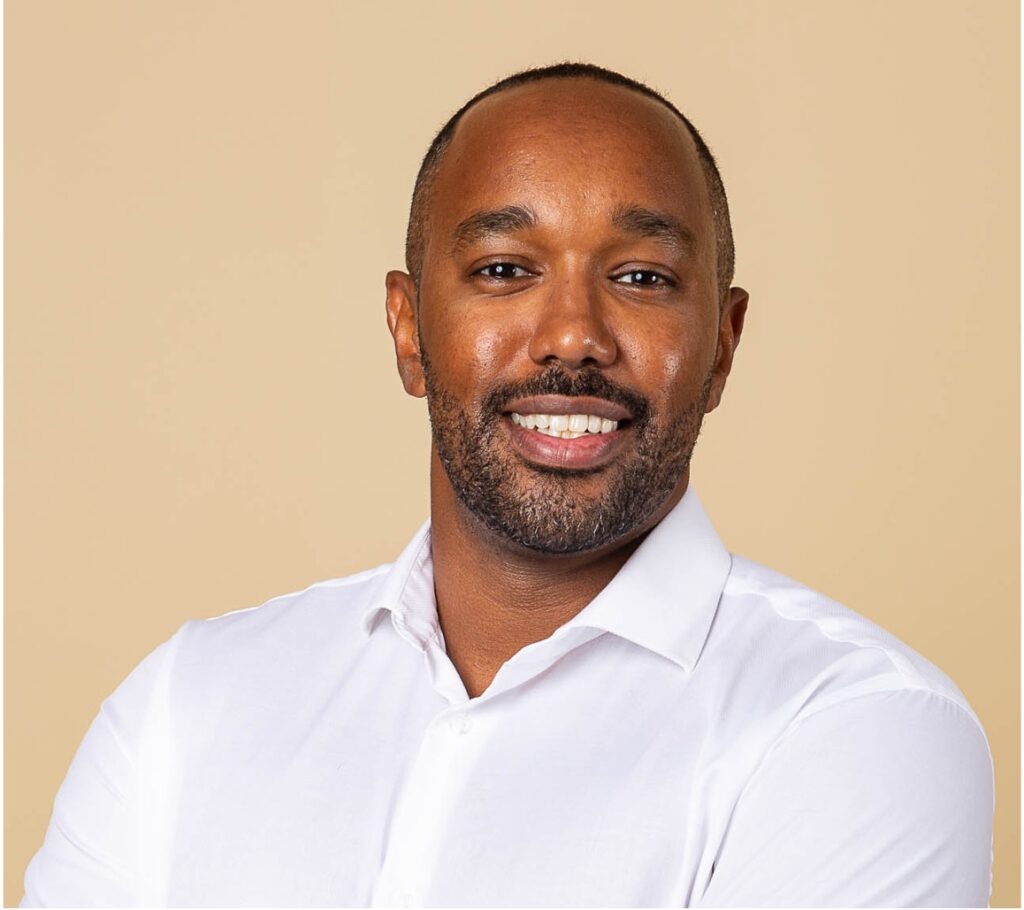Board of Directors
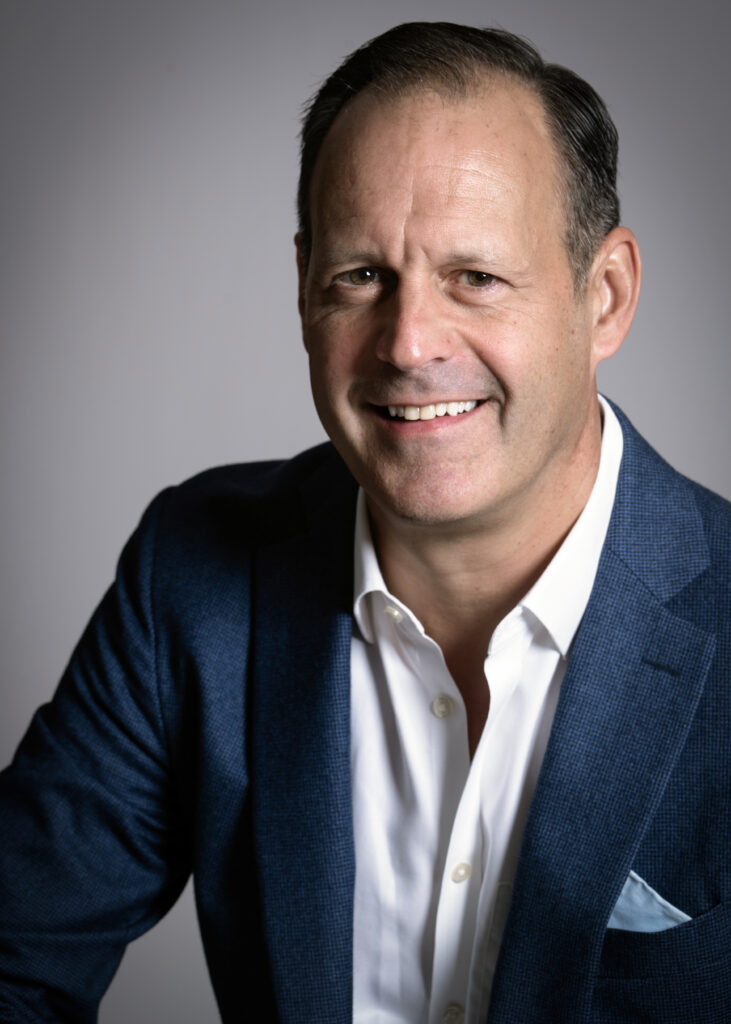
Board | Co-Founder and Board Member
Nicholas Eisenberger
Nicholas is a longtime climate investor, entrepreneur, and executive who has been deeply involved in the development of the DAC sector since 2007. He has founded, funded, and served on the board of multiple prominent efforts to accelerate climate mobilization, including the American Council on Renewable Energy, the Clean Economy Network, the CREO Family Office Syndicate, the Carbon XPRIZE, and the Circular Carbon Network. He is a graduate of Harvard College & Harvard Law School.
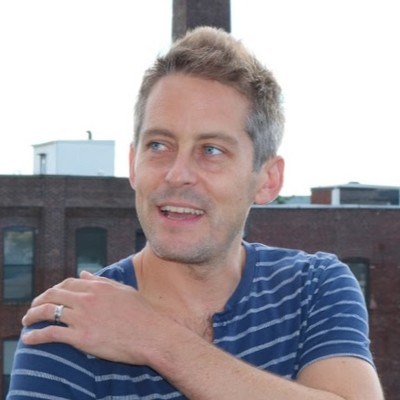
Board | Board Member
Chris Neidl
Chris Neidl is the co-founder of OpenAir, a global volunteer collective launched in 2019 to advance carbon dioxide removal (CDR) through member-driven advocacy, research and development. In this role Chris has helped lead CDR focused policy advocacy campaigns at the municipal, state and national levels including the Low Embodied Carbon Concrete Leadership Act (LECCLA), the Carbon Dioxide Removal Leadership Act (CDRLA), the Ireland Carbon Removal Partnership, and the Luxembourg Negative Emissions Tariff (L-NET) Chris came to DAC and CDR from a fifteen year career in solar energy, which spanned diverse research, activist and project management roles in North America, South Asia, Afghanistan and East Africa. Chris is an upstate New York native and long-time Brooklyn resident currently based in Puntarenas, Costa Rica.
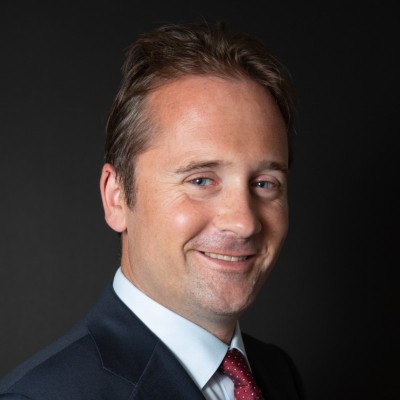
Board | Board Member
Jamie Rogers
Jamie is an attorney and entrepreneur specializing in climate risk governance and pathways to net zero. Jamie has co-authored groundbreaking legislation in carbon dioxide removal and low-embodied carbon concrete. He has previously worked in affordable housing development and been a leader in local civic engagement in New York City. He works in Bank of America’s Global Climate Risk group and holds a JD from Cornell Law School.
Team
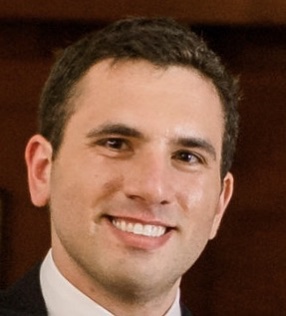
Team | Co-Founder and Executive Director
Jason Hochman
“Jason Hochman is the Co-Founder and Executive Director of the Direct Air Capture Coalition (DACC), a nonprofit organization bringing together over 110 companies, organizations, and institutions committed to advancing and accelerating the development and deployment of direct air capture (DAC) technologies. Since launching the Coalition, he has helped lead efforts to educate decisionmakers, convene stakeholders, share knowledge, and support policy engagement. These initiatives include organizing two Global Direct Air Capture Conferences in partnership with groups such as Breakthrough Energy, RMI, and Columbia University, building a resource hub for the DAC sector, and supporting dialogue with government bodies including the U.S. Department of Energy, the United Nations, and the European Commission, among others.
Jason is a Phase 1 Finalist for the Bezos Earth Fund Greenhouse Gas Removal Ideation Prize and has served as a reviewer for the Fund’s Greenhouse Gas Removal Roadmap. He has been quoted in a range of media outlets including Forbes, Wired, Scientific American, Politico, Grist, Heatmap, Callaway Climate Insights, E&E News, Energy Intelligence, and Carbon Herald. He is a frequent speaker at climate forums such as the Global Clean Energy Action Forum, Africa Climate Summit, SXSW, Carbon Unbound, and the Energy Intelligence Forum.
Earlier in his career, Jason worked on clean energy and energy efficiency policy at Con Edison, and supported climate and sustainability initiatives at the U.S. Department of Defense, Acclimatise, and Demos.
He holds an M.S. in Global Affairs, Energy and Environmental Policy from New York University and a B.A. in History and Public Policy from Brown University. He also serves on the U.S. Department of Commerce Environmental Technologies Trade Advisory Committee, the Advisory Board of the NYU Center for Global Affairs, and is an advisor to Capture6.
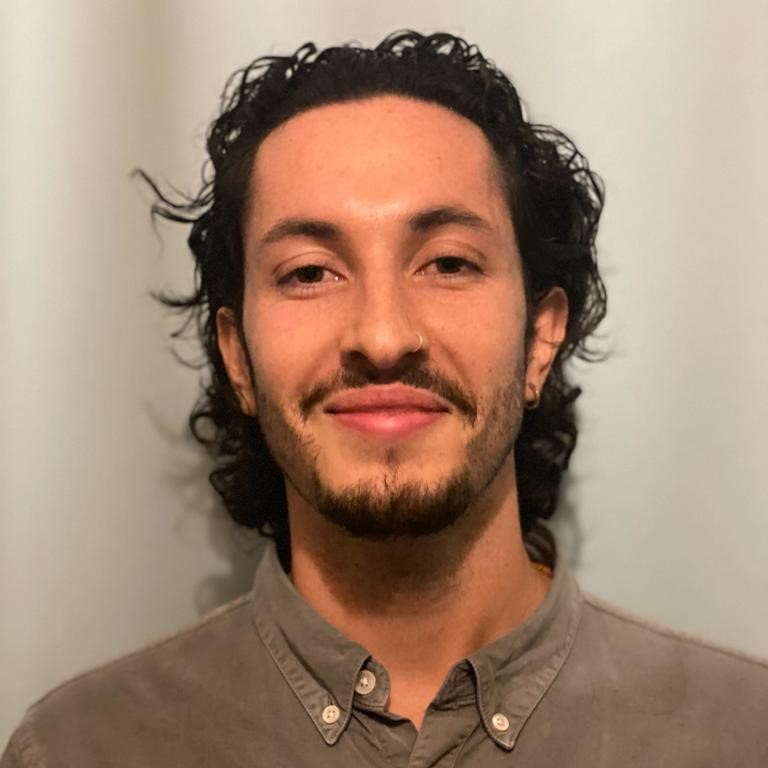
Team | UK and Europe Coalition Lead
Aaron Benjamin
Aaron’s involvement in carbon removal started with helping launch the academic journal Frontiers in Climate. Since then, he has served as Program Manager for the Global Carbon Removal Partnership, drawing attention to promise of DAC in Kenya. To date, he sits on the Executive Committee of the Future Leaders Network (CO2RE initiative in the UK) and is currently helping lead an Open Air Collective mission on “”Envisioning Greenhouse Gas Removal in Teesside”. Aaron’s expertise in science communication, business development and partnerships helps the Coalition build a collaborative and cooperative ecosystem within this emerging space.

Team | Contributor/Project Associate
Matheus Miraglia
Matheus is a mechanical engineer passionate about technological approaches to carbon removal. With experience in academic research in a global setting, he hopes to use his engineering expertise to accelerate the development and deployment of DAC alongside this coalition. He is thrilled to be a part of this climate focused coalition.
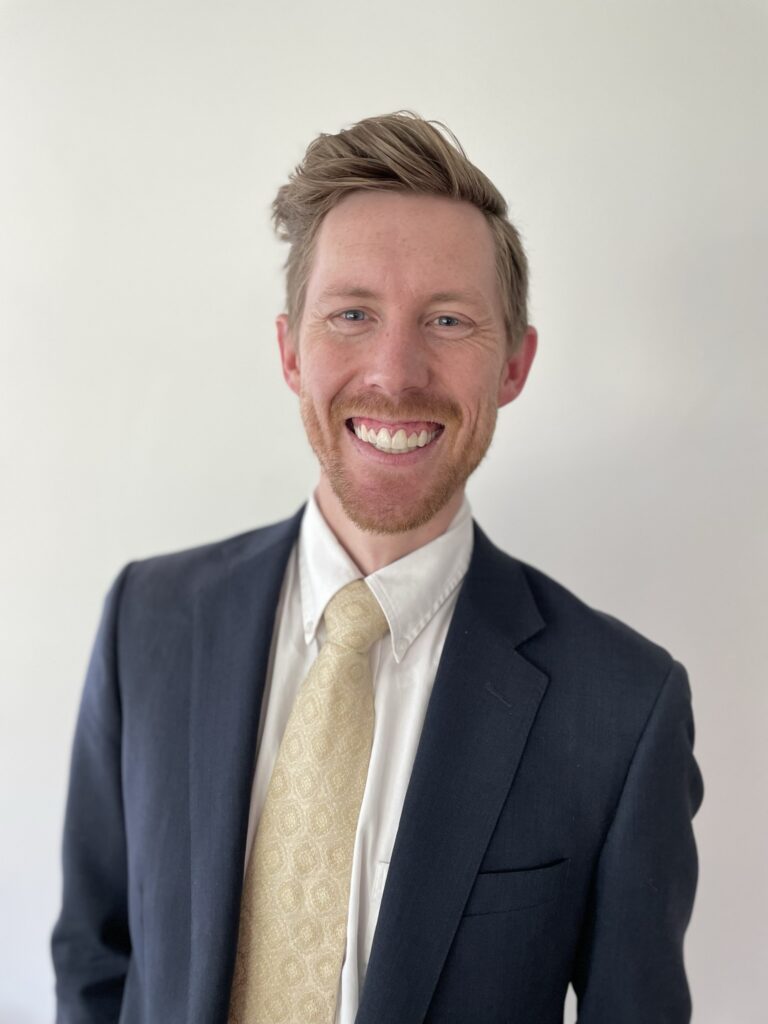
Team | Contributor/Project Associate
Nick Hammer
Nick is an architect, industrial designer, and founder of an Urban DAC start-up. His passion for solutions stems from the air quality issues plaguing the Intermountain West. His Engineering Bachelors, and Masters of Architecture and Urban Design help him consult on all scales of design from small part manufacturing to regional planning.

Advisors
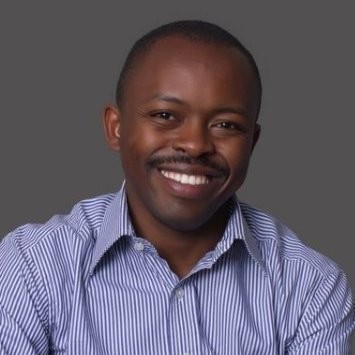
Advisor
James Mwangi
James Irungu Mwangi is the Executive Director of the Dalberg Group, and a Partner with Dalberg Advisors. James established Dalberg’s presence in Africa, beginning with the Johannesburg office in 2007, and has continued to expand its footprint on the continent, with offices in Nairobi in 2008, and Dakar in 2009. James also served as Global Managing Partner and Chief Executive of Dalberg’s consulting business from 2010 to 2014.
Prior to Dalberg, James worked at McKinsey & Company. He is a 2009 Archbishop Tutu Leadership Fellow of the African Leadership Institute, a 2013 Young Global Leader of the World Economic Forum and a member of the Young Presidents’ Organization. He also currently serves as a member of the Global Entrepreneurs Council of the UN Foundation.
James holds an AB Hons Degree in Economics from Harvard University.
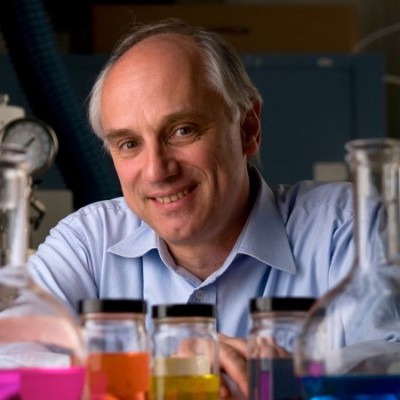
Advisor
Klaus Lackner
Dr. Klaus Lackner is the Director of Center for Negative Carbon Emissions and Professor at the School of Sustainable Engineering and the Built Environment of the Ira A. Fulton Schools of Engineering, Arizona State University. Lackner’s research interests include closing the carbon cycle by capturing carbon dioxide from the air, carbon sequestration, carbon foot-printing, innovative energy and infrastructure systems and their scaling properties, the role of automation, robotics and mass-manufacturing in downscaling infrastructure systems, and energy and environmental policy.


